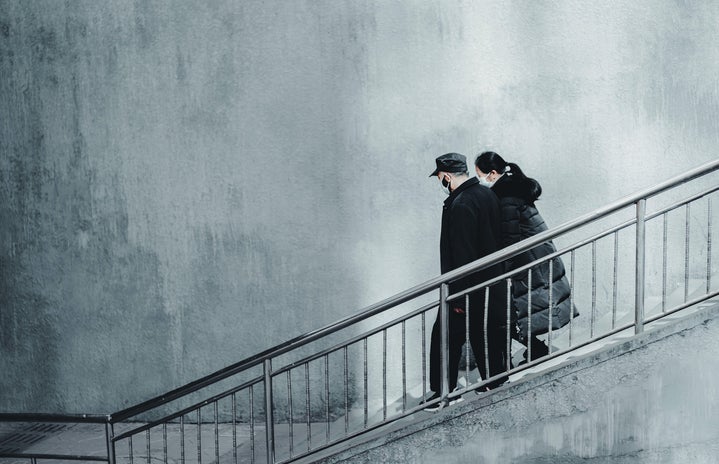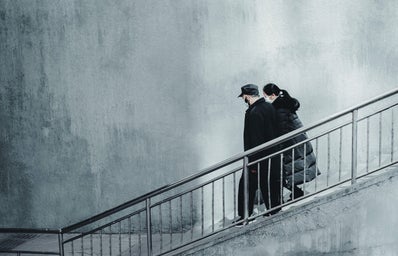This unexpected pandemic has been a fork in the road at every level. Our country is at a halt as we are being forced to evaluate the price tag on human life. As we are coming together to fight against this virus, we are also seemingly being pushed further apart. With the economy taking a huge hit, inequalities amongst us become more rigid, and the band-aid falls off to reveal an open wound widely caused by economic discrepancies.
We are at a time in which we may have to choose between health and financial security. For those already grappling with one of, or both of these survival needs, this is an especially daunting time. It is a lose, lose situation, and as the New York Times put it, there is “a widespread consensus among economists and public health experts that lifting the restrictions would impose huge costs in additional lives lost to the virus — and deliver little lasting benefit to the economy.”
As our unemployment rate has reached 23 percent, this proves to have some more drastic implications for different groups of people. As low and minimum wage workers are the ones being laid off more regularly from jobs labeled as non-essential such as restaurants and retail workers, this has created a more rigid economic divide. Since many white-collar workers have had the ability to work from the safety of their homes, these lower-wage workers have been faced with a more dangerous transition surrounding their health and economic situation. It is correct to say that the virus will choose anyone without discrimination, however, when it chooses those who have a preexisting job, food or housing insecurity, it may have a harder impact.
Additionally, the virus is hitting Americans of color the hardest. For example, research from Julia Lynch at the University of Pennsylvania suggests that “The prevalence among black Americans of heart disease and other ‘chronic conditions that are related to socioeconomic status’ is making the effect of the COVID crisis much worse.” COVID-19 proves less and less to be an equalizer and more as a virus that is exposing and intensifying preexisting inequalities. Outside of these conditions also lies the frequent inequality faced when seeking medical attention.
Lastly, another inequality coronavirus has shined a spotlight on is the increasing homelessness in America. It is hard to “stay home” when many do not have one or are facing the threat of losing one due to the implications of joblessness stated previously. Home has not been an option for years for some. In fact, not only is the concept of shelter out of reach but so is that of social distancing. This is a frightening fact in the city of Los Angeles, California, with the homeless population at a whopping 60,000, as reported by ABC.
Overall, as coronavirus has been described as an “equalizer” it is no such thing when taking a magnifying glass to who it is impacting the hardest. We are all currently in the dark about a lot of the implications COVID has for the future. However, as we are called to come together, we must be mindful that others are being pushed further from equality by the harsh grasp of COVID-19.
Want to see more HCFSU? Be sure to like us on Facebook and follow us on Instagram, Twitter and Pinterest!





